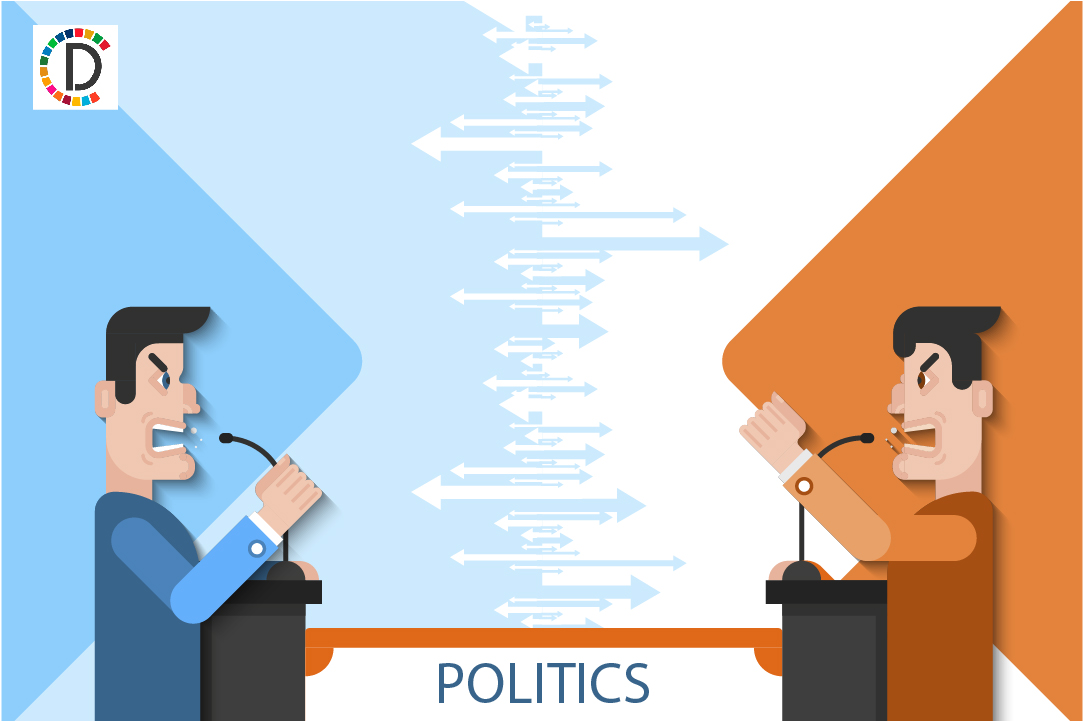UPDATE 1-U-turns wipe out UK welfare savings and strain budget, analysts warn
Starmer won a vote in parliament on his welfare plans on Tuesday, but only after his Labour Party lawmakers forced him to scale back cuts in a blow to the prime minister's authority. In particular, the government backed down on its plan to make it harder to claim the Personal Independence Payment, a benefit for people with health conditions.

Prime Minister Keir Starmer's U-turns to pass welfare reforms mean they will no longer save taxpayers any money and have shredded the margin Britain relies on to meet its fiscal rules, analysts said on Wednesday. Starmer won a vote in parliament on his welfare plans on Tuesday, but only after his Labour Party lawmakers forced him to scale back cuts in a blow to the prime minister's authority.
In particular, the government backed down on its plan to make it harder to claim the Personal Independence Payment, a benefit for people with health conditions. Starmer had hoped his welfare reforms would save 5.5 billion pounds ($7.5 billion) in the current parliamentary term, which should end in 2029.
"Without reform to Personal Independence Payment, the watered-down bill is not expected to deliver any savings over the next four years," said Helen Miller, the incoming director of the Institute for Fiscal Studies think-tank. The reforms would create "huge" disparities between the treatment of existing and future claimants with health conditions and disabilities, the IFS added.
Tuesday's vote, which saw 49 Labour lawmakers vote against the government, was bruising for Starmer, illustrating the breakdown in ties between his leadership team and parliamentarians and undermining his government's goal of fiscal probity. In a last-minute concession before the vote, the government said it would not finalise changes in eligibility for PIP until a review into the welfare system was completed - a move that a senior Labour lawmaker said could be reversed by reintroducing that section of the bill at a later date.
For now, Labour lawmakers are keen to suggest that unity has returned in the party in its pursuit of reforms, which Liz Kendall, work and pensions minister, admitted were "never easy, perhaps especially for Labour governments". The centre-left party has traditionally seen itself as the defender of Britain's welfare state, built after World War Two.
Lawmakers will continue to scrutinise the bill on July 9. BUDGET PLANS STRAINED
The watering down of the government's welfare bill further strains finance minister Rachel Reeves' budget plans, which hinge on a tiny buffer against the government's self-imposed fiscal rules - equivalent to less than 1% of annual spending. Reeves must also fund a partial reversal of cuts to winter fuel payments made to pensioners, as well as rising commitments to defence spending.
On Tuesday, the Office for Budget Responsibility said its past economic growth forecasts had been too optimistic, meaning it is likely to downgrade its projections for this year's budget - another headache for Reeves. "The welfare concessions last night blow a hole in Rachel Reeves' fiscal rules. Combined with U-turns on fuel payments, her 9.9 billion pounds ($13.6 billion) of headroom has almost gone," said Rob Wood, chief UK economist at consultancy Pantheon Macroeconomics.
"With the OBR signalling that it's likely to downgrade long-term growth forecasts in the autumn, Reeves will have to raise taxes markedly again." While Britain's government has borrowed slightly less than the OBR predicted during the first two months of the 2025/26 financial year, economists say budget plans could yet be knocked off course by a fractious global economy and conflicts abroad.
The British government bond market has become increasingly volatile in recent years, reflecting unease among investors over Britain's mix of slow economic growth, high debt interest costs and persistent inflation. ($1 = 0.7297 pounds)
(This story has not been edited by Devdiscourse staff and is auto-generated from a syndicated feed.)
ALSO READ
Labour Whip Resignation Sparks UK Policy Debate
Meghan Markle's Dance of Pregnancy: Can It Induce Labour?
Malaysia Advances Renewed National Plan to Combat Forced Labour with ILO Support
Tragedy in Khadda Colony: Safety Negligence Leads to Labourer's Electrocution
Labour Lawmakers Challenge Welfare Bill Over Disability Provisions








